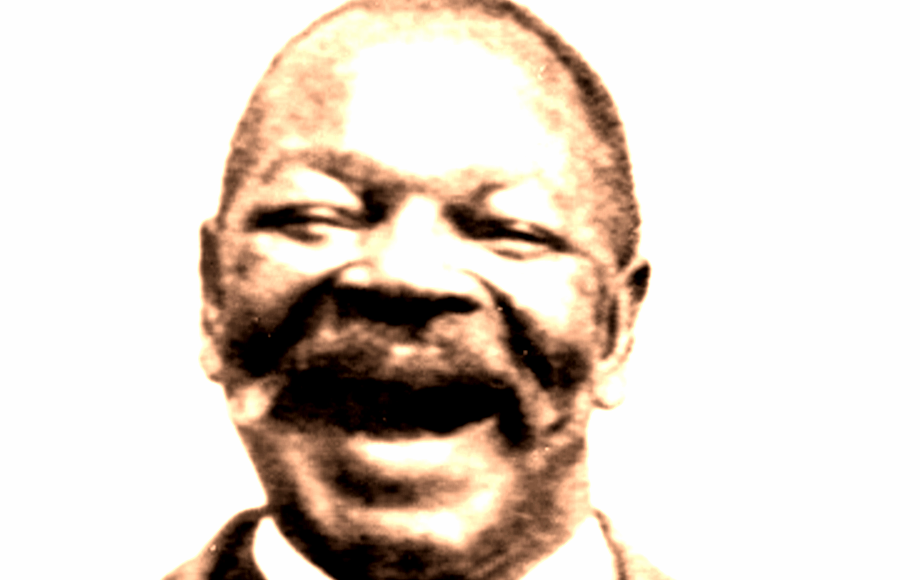 |
| By: RareSoul.com |
American inventor Thomas Edison announced the invention of the phonograph this month in 1877.
The invention, which originally recorded on tinfoil sheets, gave birth to the modern recording industry when it was unveiled on November 29.
Several inventors including Alexander Graham Bell and Emile Berliner improved upon the contraption, which was the dominant audio recording format throughout the 20th century.
“It was finished, the foil was put on; I then shouted ‘Mary had a little lamb,’ etc. I adjusted the reproducer, and the machine reproduced it perfectly,” Thomas Edison recalled of creating his invention. “I was never so taken aback in my life. Everybody was astonished. I was always afraid of things that worked the first time. Long experience proved that there were great drawbacks found generally before they could be got commercial; but here was something there was no doubt of.”
By 1890, enough demand and industry had developed around the first invention and the subsequent improvements by other inventors, for record manufacturers to begin a simple process to duplicate records for public consumption.
The first recording star to ever have a hit record was an African-American named George Washington Johnson.
George Johnson recorded his song “The Laughing Song,” or “Laughing Coon” thousands of times during his stellar career since there was no mass replication process.
George Johnson was a former slave from Virginia, who migrated to New York after the Civil War. He worked as a street entertainer in New York, performing and singing popular tunes.
It was around this time that representatives of the New York Phonograph Company and the legendary Victor Emerson of the New Jersey Phonograph Company heard George Johnson performing at the terminals on the Hudson River.
They felt that the tone of Johnson’s voice, whistling, and singing would reproduce well on the wax phonograph cylinders.
George Johnson’s first recording, “The Laughing Song,” or “Laughing Coon,” became the first best-selling recordings in the United States. It is estimated that Johnson individually recorded and sold between 25,000 to 50,000 copies of the song.
 |
| George Johnson – first recording star in history |
Despite the extreme prejudices of the day, it was well known that George Johnson was a black man recording the tune, which was also copied by numerous white artists.
Plus, Johnson was a controversial public figure.
In 1899, he became embroiled in a murder scandal. He frequently beat his wife Roskin “Roxana” Stuart, whom he began dating when he was 50 and she, 35.
In April, Stuart had shot Johnson in the ankle with his pistol during a quarrel in New York. Almost six months later in October, Stuart was found beaten to death in her Manhattan apartment.
George Johnson was quickly arrested for the crime since neighbors had overheard previous threats to kill Stuart. Johnson was indicted for murder in the first degree in November of 1899.
And the music business came to his rescue.
Victor Emerson of Columbia Phonograph Company (later CBS) collected over $1,000 from record men around the country to mount a defense for one of their most successful artists. They hired Emanuel M. Friend, one of the best defense attorneys in the city.
Hundreds of spectators and dozens of media outlets of the day covered George Johnson’s sensational murder trial. By the end of the month, the defense had won an acquittal, all the murder charge was dismissed, and George Johnson was a free man.
George Johnson was greeted by hundreds of black and white women, who made quite a scene outside of the New York courtroom. Despite the success, his lawyer’s comments to the media offer a glimpse into the society Johnson lived in.
“Johnson is what you would call a good coon,” said one of his defense lawyer’s, Rollin C. Wooster. “He is too good-natured to ever have killed that woman. “We’re going to take him to a hotel tonight or to Mr. Emerson’s home and give him a good dinner, sitting right down at the same table with him.”
Johnson’s career never recovered and soon, other people were copying his songs. George Johnson died from pneumonia at the age of 67 in 1914.
George Johnson is buried in an unmarked grave in Maple Grove Cemetery in Queens, New York.





